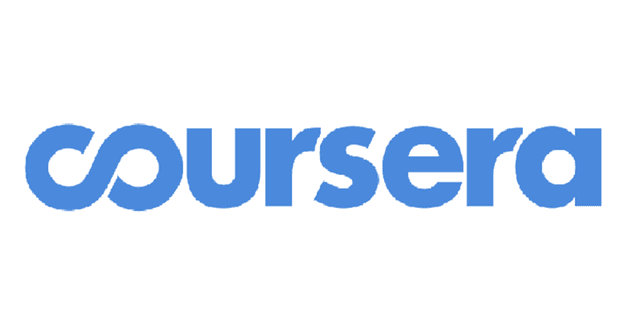Coursera Course Metrics Dataset
Education & Learning Analytics
Tags and Keywords
Trusted By




"No reviews yet"
Free
About
This dataset is a collection of information about various courses available on the Coursera platform. Each row typically represents a distinct course, providing details on its characteristics such as title, user rating, difficulty level, schedule, learning objectives, instructor information, and the offering institution. It aims to provide insights into course popularity, user satisfaction, and the overall structure of online learning content. The dataset can be used to unlock knowledge by exploring the depths of Coursera course data.
Columns
- Course Title: The title of the course offered on Coursera. There are 6081 unique titles.
- Rating: The average rating of the course, likely provided by users on a scale such as 1 to 5 stars. The mean rating is 4.01, with a majority (6315 courses) rated between 4.50 and 5.00.
- Level: Indicates the difficulty or complexity level of the course, categorised, for instance, as beginner, intermediate, or advanced. Most courses (58%) are at a beginner level.
- Schedule: Specifies the timing of the course, such as whether it has a flexible schedule or involves hands-on learning. An overwhelming majority (96%) of courses offer a flexible schedule.
- What you will learn: Outlines the learning objectives or topics covered, summarising the knowledge or skills participants can expect to gain. For 49% of entries, this information is not specified.
- Skill gain: Details the specific skills participants will acquire upon completion of the course. This information is not specified for 32% of entries.
- Modules: Lists the different sections or units that constitute the course, providing an overview of its structure. 3% of courses are described as 'Learn step-by-step', and 33 entries are missing this information.
- Instructor: Contains information about the instructor(s) or lecturer(s) for the course. 'Google Career Certificates' and 'Google Cloud Training' are common instructors (3% each), with 88 entries missing instructor details.
- Offered By: Specifies the institution or organisation offering the course on Coursera. The University of Colorado Boulder (5%) and Google (4%) are among the most common providers.
- Keyword: Contains keywords or tags associated with the course, aiding users in searching for relevant topics. 'Health' and 'Computer Science' are common keywords (12% each).
- Course Url: The web link to the course page on the Coursera platform. There are 6093 unique URLs.
- Duration to complete (Approx.): The approximate time required to complete the course, given in hours. The mean duration is 29.2 hours, with most courses (7353) taking between 1.00 and 48.90 hours.
- Number of Reviews: The count of reviews or ratings submitted by users who have completed the course, indicating popularity and user satisfaction. The mean number of reviews is 2.04k, with 8256 courses having between 0 and 22583 reviews.
Distribution
The dataset is provided as a CSV file, named "CourseraDataset-Clean.csv", with a size of 5.41 MB. It contains 13 columns. The dataset includes 8370 valid rows for most columns, although the 'Modules' column has 8337 valid entries and 'Instructor' has 8282.
Usage
This dataset is ideal for various applications, including:
- Market Research: Analysing trends in online education, identifying popular course topics, and understanding user preferences.
- Content Development: Informing the creation of new courses based on existing successful models, average ratings, and learning objectives.
- Platform Optimisation: Gaining insights into course performance, identifying high-demand areas, and improving search functionalities.
- Academic Research: Studying patterns in e-learning, such as course duration, instructor impact, or the relationship between ratings and reviews.
- Student Guidance: Helping prospective students make informed decisions by evaluating course difficulty, schedule flexibility, and expected skill gains.
Coverage
The sources do not explicitly specify geographic, time range, or demographic coverage for the dataset.
License
CC0: Public Domain
Who Can Use It
- Data Analysts and Scientists: For exploring educational data, building recommendation systems, or conducting statistical analysis on course attributes.
- Researchers in Education: To study trends in online learning, course effectiveness, and the impact of digital education.
- Prospective Students: To evaluate and choose courses based on objective metrics like ratings, duration, and learning outcomes.
- Educational Institutions and Course Providers: To benchmark their offerings against the broader market, identify areas for improvement, and understand learner demand.
Dataset Name Suggestions
- Coursera Course Metrics Dataset
- Online Learning Course Data
- Global E-Learning Course Catalogue
- Coursera Content Insights
- Digital Education Course Statistics
Attributes
Original Data Source: Coursera Course Metrics Dataset
Loading...
